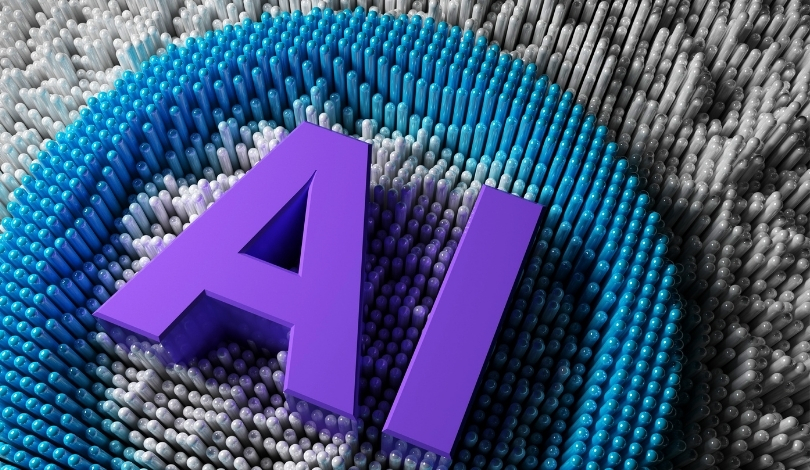Ilya Sutskever, a prominent figure in artificial intelligence and former chief scientist at OpenAI, has embarked on a new venture by founding Safe Superintelligence. This move marks a significant shift in the AI landscape, as Sutskever aims to address the imminent challenges of data scarcity in AI training. His new startup has successfully secured $1 billion in funding from major investors, signaling strong confidence in his vision for the future of AI.
Previously, AI advancements relied heavily on extensive datasets sourced from the internet. However, the availability of such data is diminishing, prompting leaders like Sutskever to explore alternative methodologies. This shift represents a critical evolution in how AI models will be developed moving forward.
What Challenges Does Data Scarcity Present for AI?
Data scarcity limits the ability to pre-train AI models, a process that has been fundamental to advancements in machine learning. Sutskever highlighted that we have reached the “peak data,” indicating that traditional methods of data accumulation are no longer viable. This constraint necessitates the development of new strategies, such as synthetic data generation, to sustain AI progress.
How Is Safe Superintelligence Addressing AI Safety?
“Our focus is on creating AI that is not only intelligent but also safe and reliable,”
Sutskever emphasized. Safe Superintelligence is dedicated to developing AI systems that can reason and think autonomously without compromising safety. This approach aims to mitigate the risks associated with increasingly autonomous AI agents.
What Are the Future Directions for AI Development?
The AI community is shifting towards enhancing reasoning capabilities and developing agentic AI systems. Leaders like Sam Altman from OpenAI are advocating for models that can think through responses more effectively. These advancements are expected to lead to AI that can operate with greater independence and sophistication.
As AI models become more capable of reasoning with limited data, the industry will likely see a transition towards more efficient and self-sustaining AI systems. This evolution is crucial for maintaining the momentum of AI development in the face of data constraints.
Ensuring the safety and reliability of advanced AI is paramount. Safe Superintelligence’s initiatives are poised to play a critical role in shaping the future of AI, focusing on creating systems that can outperform human intelligence while maintaining strict safety standards. This balanced approach is essential for the responsible advancement of AI technologies.










